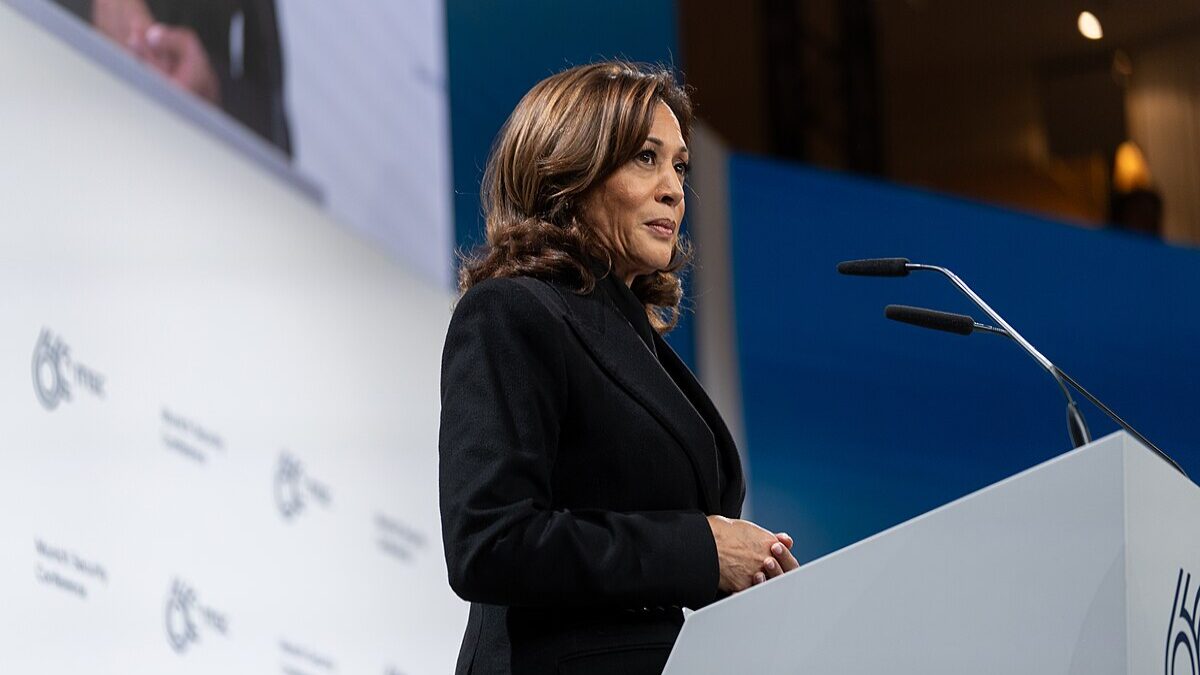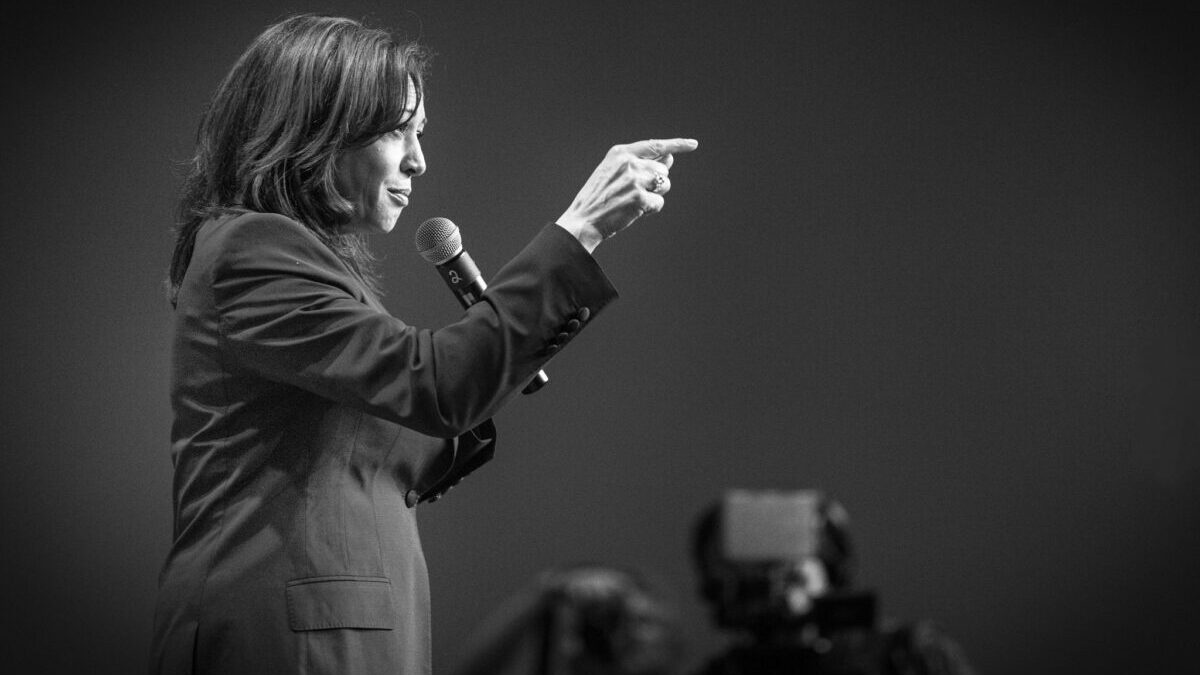
BuzzFeed has stepped into a hornet’s nest. Though it’s not yet clear whether the fateful Russia dossier actually originated in the fever swamps of 4chan, it’s clear that they should have figured that out before pulling the trigger on lightly investigated but explosive allegations against a soon-to-be president. Are we even pretending anymore that “news outlets” are more than mere gossip mills?
At Slate, Will Oremus isn’t so sure that BuzzFeed was in the wrong. He points out, in effect, that everyone was doing it. Top intelligence officials were passing the document through the highest levels of government. CNN and Mother Jones had both referenced it. The president had even been briefed on all of this! Isn’t it actually amazing the dossier stayed out of the public eye for this long?
We All Smell the Rat
Although some details remain unclear, it’s hard to see how this comes out as a win for the press. If the dossier in question has already been in circulation for months, why hasn’t it been either confirmed or definitively discredited? Isn’t Oremus’ argument just confirmation that news outlets prioritize groupthink over serious on-the-ground investigation?
Journalism is supposed to be a truth-seeking enterprise. In recent years that element seems to have been buried under a mountain of political partisanship, not to mention old-fashioned lowbrow entertainment. This is why public trust in media is at an all-time low. Even though the “fake news” controversy had strong partisan elements, it was nicely indicative of where we stand right now. Nobody really doubts that the interwebs are packed with perfidy. We just fight about which parties are guiltiest.
The BuzzFeed blowup does raise interesting questions, though. Supposing that the controversial dossier turns out to be just a tapestry of fabrication, who should be held responsible for keeping it alive? The outlets that referenced it first? BuzzFeed, since they published the whole thing? The intelligence community, if their circulation of the piece lent it credibility?
All involved parties are certain to say “Not me.” But the truth is, everyone is responsible for safeguarding the truth. This is the mindset we need to cultivate, if there is any hope of escaping from the trust-eroding vicious cycle that is poisoning our civic life.
Reporters: Remember Why You Exist
At some point in their lives, I suspect most journalists had a moment of inspiration when they considered how great it would be to become a member of that vaunted democratic institution: the free press. I can clearly recall the day my high school journalism teacher showed us “All The President’s Men.” I walked around for weeks thinking about the awesomeness of investigative reporters.
Members of the press should ask themselves: Have I lost that truthy hunger? When and how did that happen? For most people, it probably happened through a series of subtle, soft pressures. You poured your heart into a sizzling piece on some need-to-know topic, but your editor benched it for fear it would raise too many hackles. Then you wrote a soft, lazy piece on gender pay gaps or climate-denying Internet trolls. Lavish praise. You started to get it.
Here’s the hilarious thing: my 15-year-old self imagined that “Woodward and Bernstein” journalism might be hard to do just because, realistically, how often do powerful people screw up that badly? Ah, to recover that lost innocence!
Columnists: Don’t Be Shills
In the rush to skewer bad reporters, less has been said lately about the obligations of columnists, pundits, and others who admit forthrightly that they are in the opinion-making business. Nicholas Kristof of The New York Times did opine that we should have fewer of these people, and that (I say to my detriment) is probably true. But commentary will always have some role in public discourse, so it’s worth considering what integrity might mean for opinion writers.
Opinion writers can revel in certain liberties that conventional reporters don’t (properly) get. For instance, they’re allowed to speculate on things they don’t really know. They’re allowed to change their minds about things. They’re also allowed to be wrong. If they’re honestly wrong, that’s not necessarily a black mark against their personal integrity. Commentators are in the business of discussing things that are interesting but not readily verifiable (like, for instance, the future). Prophetic infallibility is too much to ask of mere mortals. If you feel betrayed when your favorite pundit makes a wrong call, it’s possible you just misunderstand the nature of the business.
This seems like a lengthy list of permissions. Do opinion makers have any professional obligations? Actually they do. Most crucially, an opinion writer must never state or argue something he doesn’t believe to be true.
Obviously this applies to factual questions, as for conventional reporters. If something can be verified, you should try to verify it. Even in the realm of the unknown, it’s important for opinion-makers to honest about what they believe. This may seem like a narcissistic point of emphasis. After all, why think that my opinion is so very important? I suspect that’s exactly what people tell themselves in the moment when they sell out.
An opinion writer’s value lies in his clear presentation of an idiosyncratic perspective. Pundits tend to be dilettantes, discoursing on a wide range of subjects. This is actually quite important for giving readers entry-points into their worldview. If I agree with Pundit X about A and B, I might be especially interested to see what she thinks about C, a topic on which I have no clear view. Columnists should help people to draw connections, adding breadth and nuance to their worldviews. Sometimes a pundit may be very wrong, and still make a valuable contribution insofar as he offers a clear exposition of a thought-provoking view.
That entire enterprise is undermined when an opinion writer willingly reshapes his opinions to match the orthodoxy of a publication or political party. This is the point where a columnist becomes a mere shill: a salesman, but with less honor, because the salesman makes no pretense of offering a disinterested view.
Honesty is not all-justifying. Writers must exercise prudent judgment about the appropriate time, place, and manner in which to expound on particular views. But they also need to be vigilant about self-examination. If you find that your “personal views” are almost perfectly calibrated to the realities of site traffic, consider stepping away from the keyboard. You may feel like you own the world, but in fact, the world owns you.
General Public: Don’t Consume Crap
In an era of public opinion polls, we rarely turn our criticisms back on the public. Maybe that should change. Many people are angry with the press right now, and that’s very understandable, but we also need to acknowledge this truth: media outlets today are subject to ruthless competitive pressure. The public’s appetite for news and commentary is high, but technology makes it easy to get things for free, so subscription and advertising dollars are in shorter supply. Many publications are struggling to survive. Many haven’t survived.
In such a climate, publications literally cannot afford to lose themselves in high-minded indifference to what the public wants. So, what does the public want? Are they interested in solid reporting and honest, careful reasoning? Or do they just want people to massage their sensitivities and confirm all their pre-existing views? If it’s mainly the latter, righting the ship will be very difficult indeed.
Undoubtedly, much of the public does yearn for higher journalistic standards. At the same time, there’s a reason so many sites have moved down-market: it frequently works. Inflammatory click-bait draws traffic. The ethical will fight to find a balance, preserving some of their scruples while producing a marketable product. In a dog-eat-dog world, though, scruples can sometimes be the millstone that drags the good guys down.
If you are a regular consumer of news and commentary, ask yourself: What kinds of pieces do I look for, and which do I share with my friends? Do I seek out sources that seem reliable and fair, or do I just want my daily reminder of how right and righteous I am?
If it’s the latter, consider whether you may be part of the problem. Here’s a dirty journalistic secret: Massaging reader egos is really easy. Getting at the truth is much harder. If our business climate is such that the former is richly rewarded while the latter is thankless and unprofitable, fake news will win the day.
Vote with your eyeballs, readers. Lies will only loosen their grip when somebody tells them “No.”







